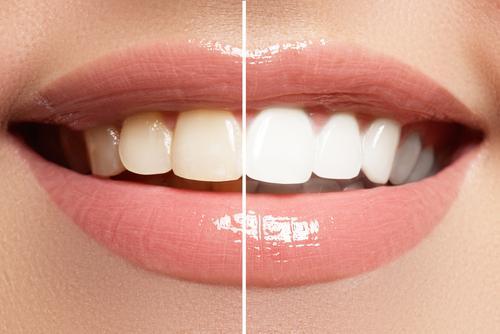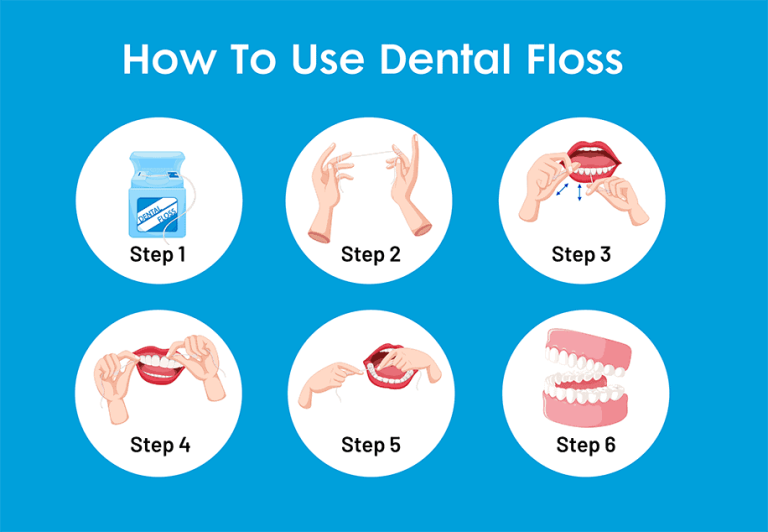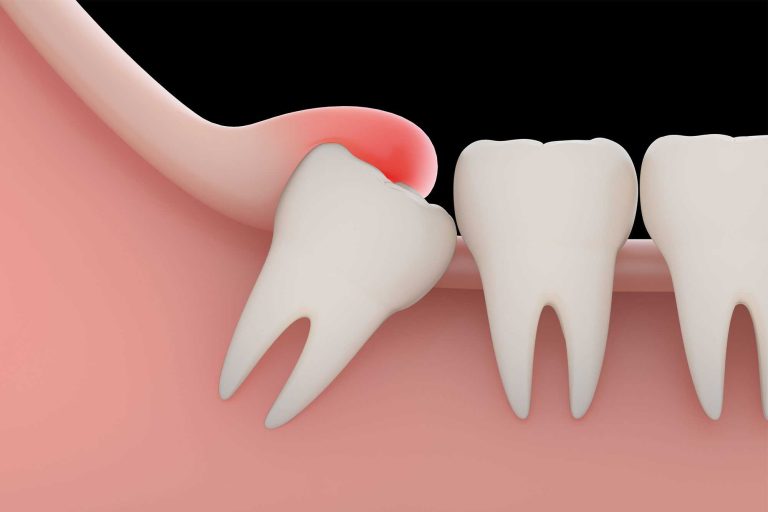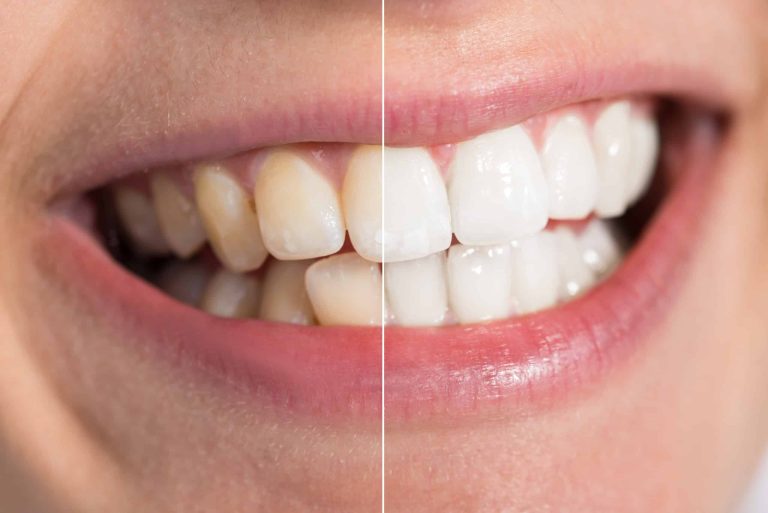how to whiten teeth: A Step-by-Step Guide to Whiter Teeth
What Causes Yellow or Stained Teeth?
Before we dive into the various teeth whitening methods, it’s essential to understand what causes tooth discoloration in the first place.
Culprits Behind Discoloration
Beverages
Certain beverages like coffee, tea, red wine, and dark-colored sodas can stain your pearly whites over time. The pigments in these drinks get absorbed by the enamel, leading to discoloration.
Food
Deeply colored foods such as berries, curries, and tomato-based sauces can also contribute to staining your teeth. The same goes for acidic foods, which can erode your enamel and expose the yellowish dentin underneath.
Smoking
If you’re a smoker, the tar and nicotine from cigarettes can leave unsightly yellow or brownish stains on your teeth. Not to mention, smoking also increases your risk of gum disease and other oral health issues.
Aging
As we grow older, our tooth enamel naturally wears down, exposing the yellowish dentin layer beneath. This is a natural part of the aging process, but it doesn’t mean you can’t take steps to brighten your smile.
Safe and Effective Ways to Whiten Teeth
Now that you know the main culprits behind tooth discoloration, let’s explore some safe and effective ways to achieve a brighter, whiter smile.
Professional Teeth Whitening
If you’re looking for dramatic results and don’t mind investing a little more money, professional teeth whitening might be the way to go.
In-Office Whitening Treatment
This involves your dentist applying a powerful whitening gel to your teeth and using a special light or laser to activate the bleaching agents. The entire process typically takes about an hour, and you’ll leave the office with noticeably whiter teeth.
Take-Home Whitening Kits
Your dentist can also provide you with a custom-made whitening tray and a professional-grade whitening gel to use at home. These kits are more affordable than in-office treatments and allow you to whiten your teeth at your convenience.
Over-the-Counter Whitening Products
If you’re on a tighter budget or prefer a more DIY approach, you can try over-the-counter whitening products available at your local drugstore.
Whitening Strips
These thin, flexible strips are coated with a whitening gel and designed to mold to your teeth. They’re relatively inexpensive and easy to use, but the results may not be as dramatic as professional treatments.
Whitening Toothpaste
Whitening toothpastes contain mild abrasives and chemical agents that help remove surface stains and whiten your teeth over time. They’re a convenient option to incorporate into your daily oral hygiene routine.
Whitening Gels and Rinses
Similar to whitening strips, these products contain whitening agents like hydrogen peroxide or carbamide peroxide. They’re typically applied with a brush or used as a mouthwash and can provide moderate whitening results.
Natural Teeth Whitening Remedies
If you prefer a more natural approach, there are several home remedies that can help brighten your smile without the use of harsh chemicals.
Baking Soda and Hydrogen Peroxide
Mixing baking soda and hydrogen peroxide creates a gentle yet effective whitening paste. The baking soda acts as a mild abrasive to remove surface stains, while the hydrogen peroxide helps to whiten your teeth.
Fruit Peels and Juices
The natural acids found in certain fruits like lemons, oranges, and strawberries can help to gently whiten your teeth. However, be cautious as overusing these acidic fruits can erode your enamel.
Oil Pulling
This ancient Ayurvedic practice involves swishing oil (typically coconut or sesame oil) around in your mouth for several minutes. It’s believed to help remove toxins and whiten teeth, although more research is needed to confirm its effectiveness.
Activated Charcoal
While it may seem counterintuitive, activated charcoal powder can actually help to absorb and remove stains from your teeth. However, it’s important to use it sparingly, as it can be abrasive and potentially damage your enamel if overused.
Prevention and Maintenance
While whitening treatments can provide impressive results, maintaining a bright smile requires ongoing effort and lifestyle changes.
Lifestyle Changes
Quit Smoking
Quitting smoking is not only beneficial for your overall health but can also help prevent further staining and discoloration of your teeth.
Limit Staining Beverages and Foods
While it’s unrealistic to eliminate all staining foods and drinks from your diet, try to limit your consumption and rinse your mouth with water after indulging. Using a straw can also help minimize direct contact with your teeth.
Proper Oral Hygiene
Brushing and Flossing
Maintaining a consistent brushing and flossing routine is crucial for removing plaque and surface stains, which can cause discoloration over time.
Regular Dental Cleanings
Visiting your dentist for professional cleanings every six months can help remove stubborn stains and tartar buildup, leaving you with a brighter, healthier smile.
FAQs
How long do teeth whitening results last?
The longevity of your whitening results depends on various factors, including your lifestyle habits and oral hygiene routine. Generally, professional whitening treatments can last anywhere from six months to two years with proper maintenance.
Is teeth whitening safe for sensitive teeth?
While teeth whitening is generally safe, some individuals may experience temporary sensitivity or gum irritation during or after the treatment. If you have sensitive teeth, it’s best to consult your dentist and opt for lower-concentration whitening products or shorter application times.
Can whitening damage my tooth enamel?
When performed correctly and in moderation, teeth whitening should not cause permanent damage to your enamel. However, overusing certain whitening products or applying them incorrectly can lead to enamel erosion and increased sensitivity.
How often can I whiten my teeth?
It’s generally recommended to limit professional whitening treatments to once or twice a year to prevent potential enamel damage or sensitivity. For over-the-counter products, follow the manufacturer’s instructions and avoid overuse.
Can whitening toothpaste whiten my teeth effectively?
While whitening toothpastes can help remove surface stains and provide a mild whitening effect, they are typically not as effective as professional treatments or concentrated whitening products. For more dramatic results, you may need to use additional whitening methods.




